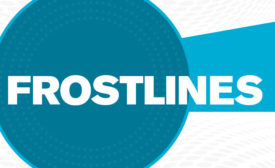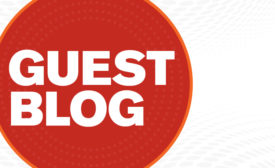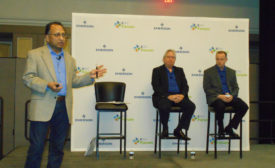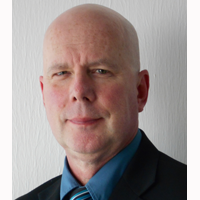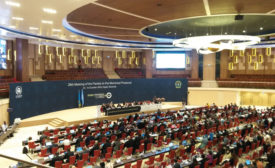Home » Kigali Amendment
Articles Tagged with ''Kigali Amendment''
Danfoss Joins UN Initiative to Help Solve Cooling Challenges
Represented by Jürgen Fischer
September 26, 2017
The Kigali HFC Amendment and its Potential Worldwide Impact
Associations, manufacturers, reclaimers hail international phasedown agreement
Read More
Copyright ©2024. All Rights Reserved BNP Media.
Design, CMS, Hosting & Web Development :: ePublishing
